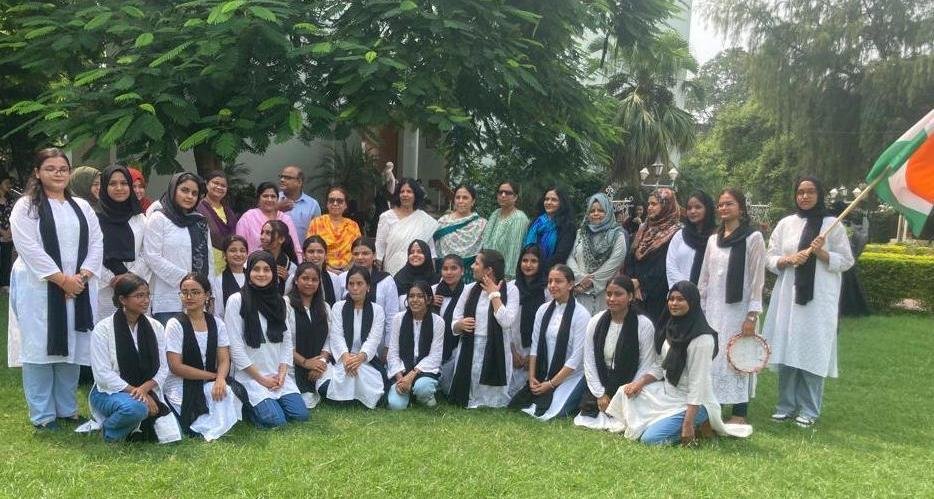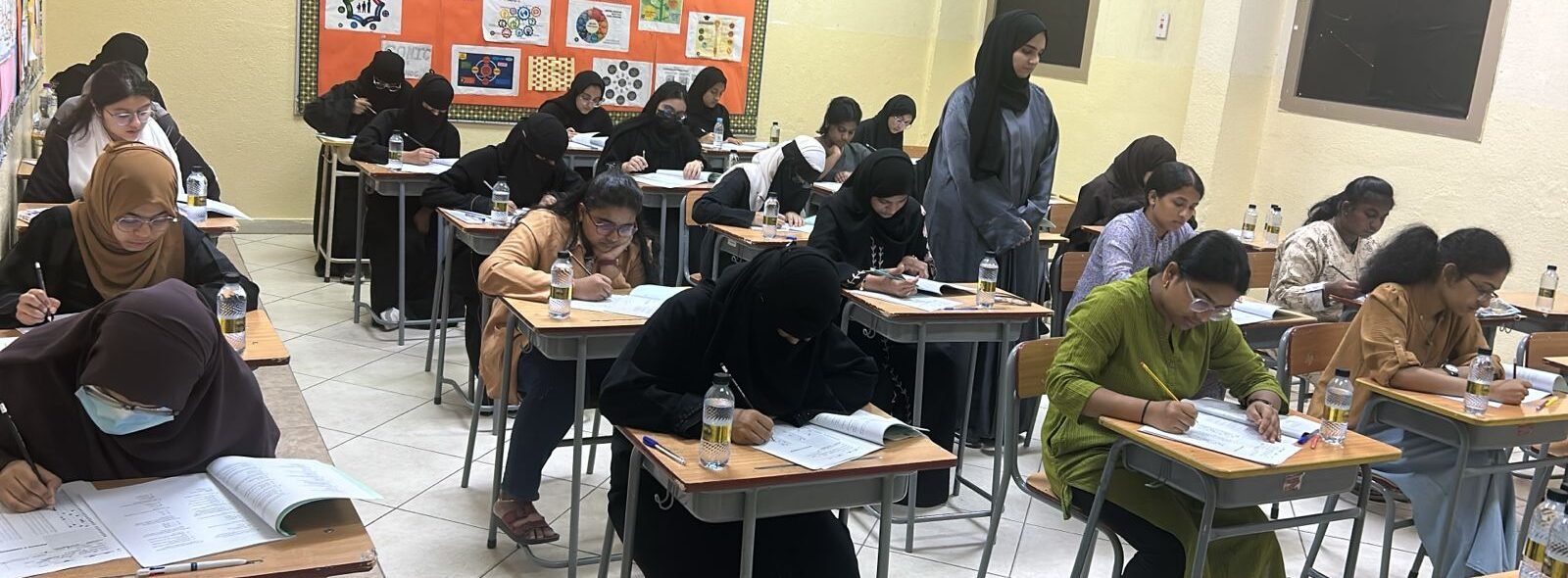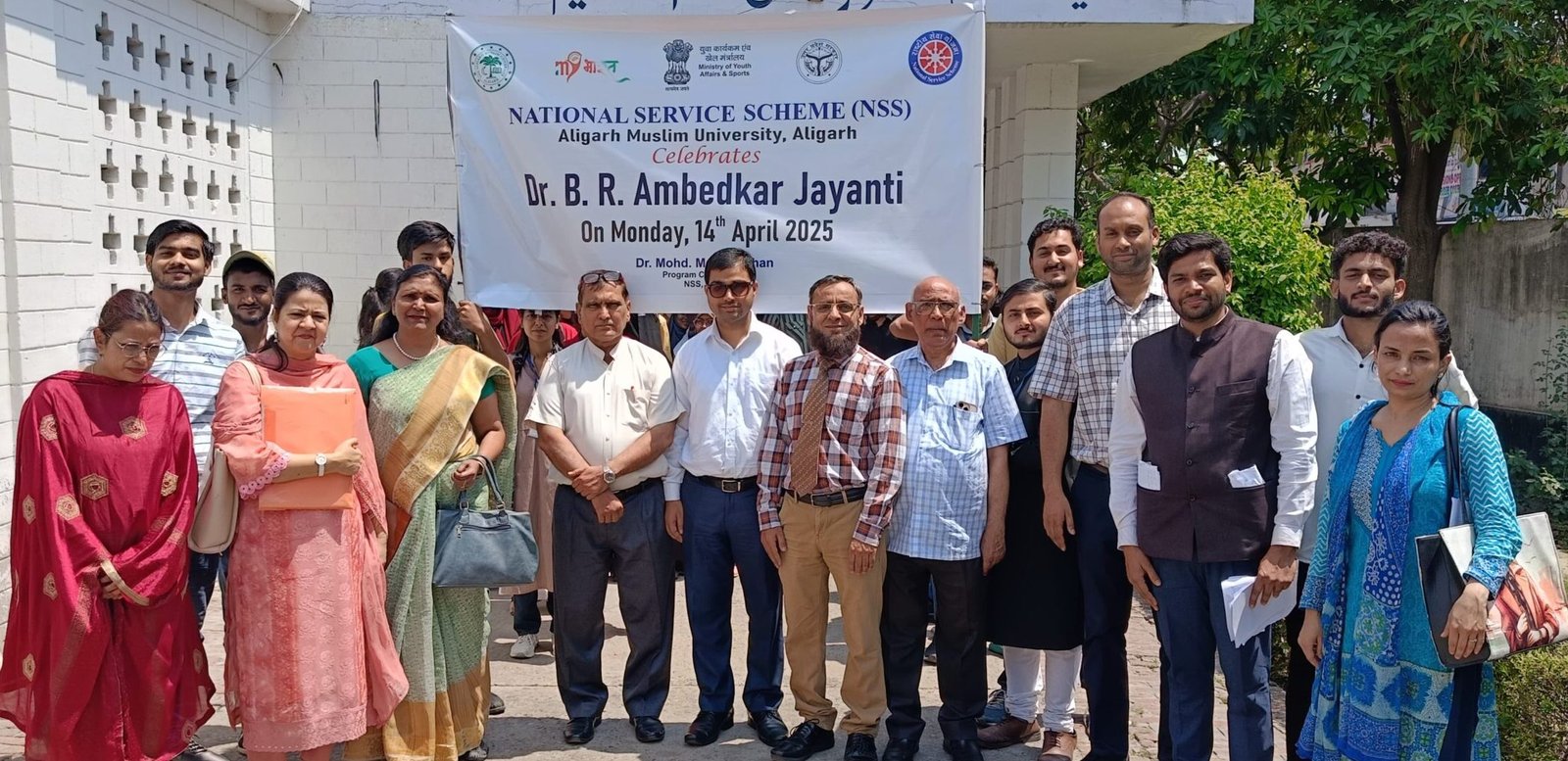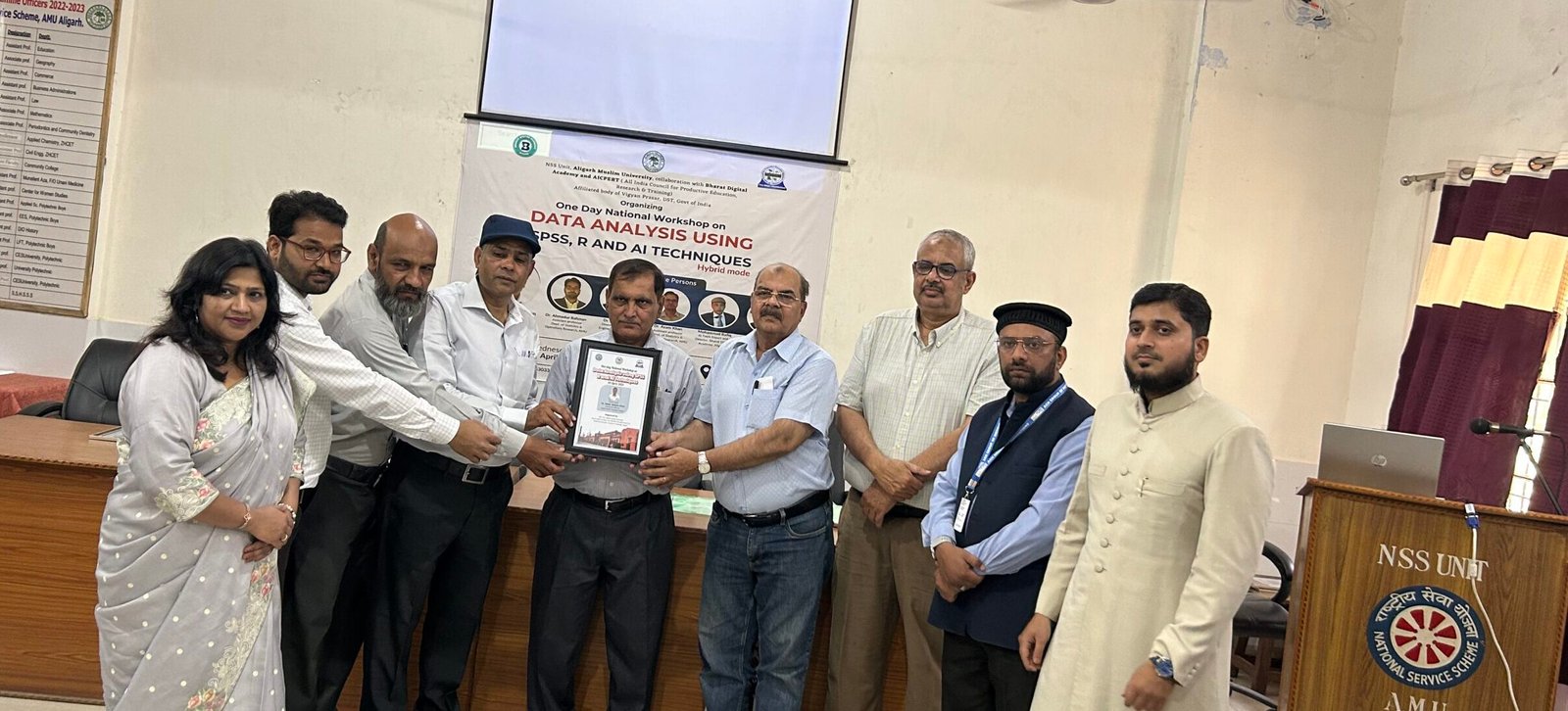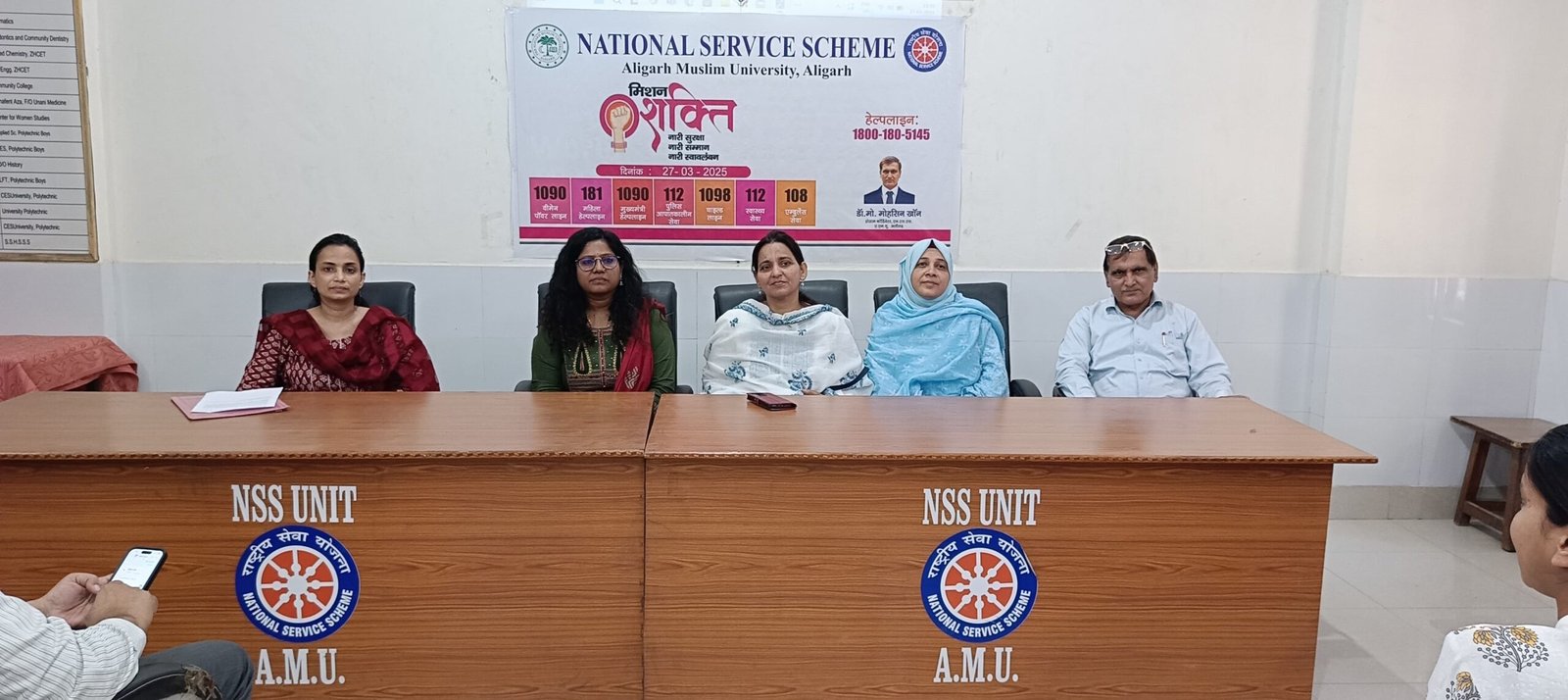
Dhaka, August 5, 2024 – Sheikh Hasina Wazed, the long-serving Prime Minister of Bangladesh and leader of the Awami League, has resigned and left the country following widespread unrest that claimed hundreds of lives. The unrest, which erupted after Hasina’s controversial victory in the January 2024 general elections, saw massive protests primarily led by students opposing affirmative action quotas in civil service jobs.

Your Voice, Our News
Hasina, who was born on September 28, 1947, in Tungipara, East Pakistan (now Bangladesh), had been serving her fifth term as Prime Minister. Her tenure, beginning from 2009, was marked by significant political turbulence, culminating in her recent resignation.
Background of the Unrest

The political turmoil began in July 2024, soon after the general elections, with student protests against affirmative action quotas that favored relatives of those who fought in the Bangladesh Liberation War of 1971. The quotas were reinstated by the high court and were seen by many as discriminatory, prompting calls for a merit-based selection system. Despite the Supreme Court eventually rolling back these quotas, the protests evolved into a broader anti-government movement.
As the government imposed multiple curfews and restricted internet access to quell the protests, public dissatisfaction grew. August 4 saw the deadliest clashes, with reports of approximately 100 deaths. The following day, Bangladesh’s army chief confirmed Hasina’s resignation and announced the formation of an interim government. Reports suggest Hasina left for India amidst the escalating violence and the defiance of curfews by thousands of protesters marching to Dhaka.
Early Life and Political Ascent
Sheikh Hasina, daughter of Sheikh Mujibur Rahman, the founding leader of Bangladesh, has been a pivotal figure in the country’s politics. Married to M.A. Wazed Miah, a prominent Bengali scientist, Hasina was actively involved in politics during her university years, serving as a liaison for her father during his imprisonment by the Pakistani government.
In a tragic turn of events, her father, mother, and three brothers were assassinated in 1975 while Hasina was abroad. Following this, she spent six years in exile before returning to Bangladesh in 1981 to lead the Awami League. Her advocacy for democracy often led to her house arrest, but she eventually secured a seat in parliament and played a crucial role in ending military rule in 1990.
Tenure and Controversies
Hasina’s political journey has been fraught with challenges. After a failed attempt to gain a majority in the 1991 elections, she became Prime Minister in 1996. Her first tenure saw economic growth but also significant political unrest. Despite completing a full five-year term, her 2001 re-election bid was unsuccessful, leading to further allegations of electoral fraud and political instability.
Her subsequent terms were marked by both achievements and accusations. Hasina’s administration received praise for aiding Rohingya refugees in 2017 but faced criticism for suppressing opposition voices. The 2014 and 2018 elections saw allegations of rigging and a crackdown on political dissent.
Final Term and Resignation
The 2024 elections, boycotted by the main opposition party BNP, resulted in a landslide victory for the Awami League but were marred by accusations of unfair practices and mass arrests. The resulting dissatisfaction, compounded by high unemployment and corruption allegations, ignited the July protests. Despite attempts to control the situation through curfews and internet restrictions, the unrest culminated in Hasina’s resignation on August 5, 2024.
As Bangladesh moves towards establishing an interim government, the nation faces a period of uncertainty and hopes for a peaceful resolution to its political turmoil.
Refernce
Britannica, The Editors of Encyclopaedia. “Sheikh Hasina Wazed”. Encyclopedia Britannica, 6 Aug. 2024, https://www.britannica.com/biography/Sheikh-Hasina-Wazed. Accessed 6 August 2024.



